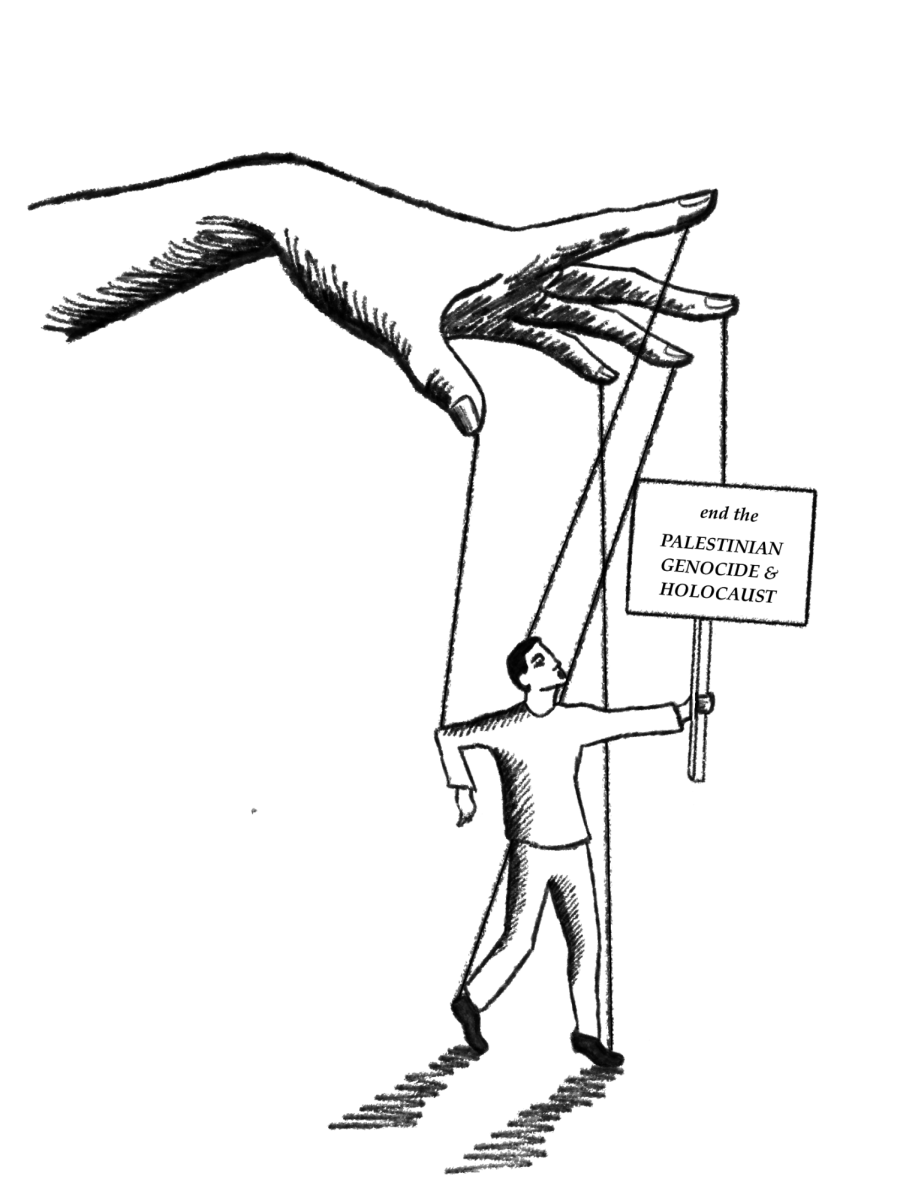Just a few weeks ago, I pre-registered to vote, confident that California would allow 17-year-olds who become adults by the general election to vote in the upcoming primary election on March 5. As expected, I was able to fully pre-register to vote in less than five minutes. But to my surprise, I learned I would be unable to vote in the primary I was eager to participate in, even though I will be 18 by September.
As a result, in November, many other current 17-year-olds and I will only be able to vote for assembly members, congressional representatives, a presidential candidate and ballot measures, among other options that we did not have a voice in choosing.
With March 12 marking the end of California’s 2024 primaries, the state should revisit how it views youth voting.
Californians who are 55 and older make up half of likely voters but represent only 35% of the state’s adult population, while young adults from ages 18 to 34 constitute only 18% of likely voters but 31% of adults, according to the Public Policy Institute of California. In addition, according to Who Votes for Mayor –– a project dedicated to analyzing local elections, in San Jose mayoral elections –– voters who are 65 and older have nine times greater of an electoral impact than voters aged 18-34, and in San Francisco, their electoral impact is four times greater than that of young voters.
Despite being a pioneer in progressive reforms that increase voter turnout, California trails D.C. and 18 other states in allowing 17-year-olds to vote in primaries in addition to European and South American countries –– many of which even allow 16-year-olds to vote. I believe California should pursue Vote 16, a national campaign advocating to lower the voting age for local elections.
Just like adult citizens vote for their country’s leader, high school students should be able to vote for their school district’s board. After all, it doesn’t make sense that the people who are affected most by the result of an election don’t decide it.
New Jersey’s largest city recently became the most populous community allowing 16-year-olds to vote in the United States. Similarly, among other Alameda county cities, Oakland and Berkeley passed Measure QQ in 2020, allowing 16-year-olds to vote in school board elections, even though it has yet to be put in place.
Similarly, Proposition 18 is a legislatively referred constitutional amendment that would allow 17-year-olds who will be 18 by the general election to vote in the primaries. Notable supporters of Proposition 18 include Governor Gavin Newsom, Assemblymember Evan Low, Assemblymember Kevin Mullin, Senator Alex Padilla, The League of Women Voters of California and The California Democratic Party.
Also, California prioritizes voting engagement, ranking 7th in ease of registering to vote, according to a study done by Liebert Pub. Considering that the younger people start voting, the more likely they become lifelong voters, Proposition 18 and Vote 16 would do well to further California’s voting engagement.
However, neither Proposition 18 nor Proposition G, Vote 16’s initiative, passed when they were last voted on. In 2020, 44% of Californians voted for Proposition 18 and, 49.2% of San Franciscans voted for Proposition G.
The most common argument against lowering the voting age is that only adults are mature enough to vote. While it’s reasonable to worry about the maturity of younger voters, there is little cognitive or maturity difference for voters like myself in the short time between the spring primaries and the autumn general election.
There is little value in granting general election votes to newly-turned 18-year-olds without granting them a say in the final candidates. The legal precept inaugurating adulthood at the age of 18 should not affect voter eligibility as 17-year-olds can drive, work without any restriction on hours, pay taxes (if they earn enough) and be convicted for crimes as adults.
Another common worry among opponents of Proposition 18 is that 17-year-olds would blindly copy their parents’ votes if allowed to vote. Of course, teens would be heavily influenced by adults around them, but that isn’t to say they wouldn’t be able to form their own opinions either. Political socialization influences everyone, regardless of age, so why bar teens from voting?
With civic engagement curricula –– like the High School Voter Education Weeks, which was initiated in 2022 by the Oakland Unified School District to support Measure QQ –– young voters will be properly informed and provided help pre-registering to vote.
If California wants to optimize voter engagement and decrease the age skew in voter participation, there is a clear solution — follow the footsteps of many other cities, counties, states and countries in lowering the voting age.










